Family Court Prisoner
Where The Wheels of Justice Grind You Down
Many parents are family court prisoners, trapped with no guaranteed release date, and subjected to cruel and unusual punishment. When people think of unlawful imprisonment, they tend to think of physical confinement. However, wading through an inefficient and unsympathetic family court system is a form of imprisonment.
A parent cannot move a child custody case to the appeals court or readily move their case to a federal court until a lower family court has ruled. A parent is thus entrapped, often for years, in a cycle of multiple motions and delayed hearing dates. Meanwhile, the wheels of justice are steadily grinding down your spirit, finances, parent-child bond, and constitutional rights.
Moreover, in the family court system, children are functionally treated as personal property. Though children should be treated as the precious gift they are, this practice encourages some parents to act as if their children truly are just another form of their personal property to do with as they please, without negative legal consequences.
Under these conditions, the Family Law toolbox should include the Writ of Habeas Corpus and the frequently connected Writ of Attachment.
The Writ of Habeas Corpus is the process by which one can report unlawful detainment or imprisonment. The U.S. Supreme Court holds that the writ is “the fundamental instrument for safeguarding individual freedom against arbitrary and lawless state action,” and should be "administered with the initiative and flexibility essential to ensure that miscarriages of justice within its reach are surfaced and corrected.” This fundamental interest has been expanded to allow individuals to fight against physical and non-physical forms of imprisonment.
A Writ of Attachment is a court order to "attach" or seize an asset. In other words, when a parent is not rightly given time with their children that they are legally owed, then a time debt accrues. The aggrieved parent becomes a “creditor” who is legally owed all that lost childhood time. While the Court may not wish to “seize” a child, the Court should seize back the aggrieved parent’s stolen time. Sometimes, a parent is powerless to prevent injustice, but there must never be a time when the Court refuses to remediate it.
Parents are routinely and repeatedly forced into the deliberately degrading situation of defending their every word and action, then forced to watch as the Court fails to stop a co-parent from malicious efforts to sever the parent-child bond. Parents who endure these archaic punishments suffer pain that is rarely proportional to any alleged wrongdoing.
Some people believe that hell is not a physical place of fire and brimstone, but rather the absence of God. For many parents, this belief feels quite true, because hell on Earth is living without your children.
Bridget Neal is a Louisianan, who has worked with several international scientific organizations, currently working for CBF Partners at NASA-Stennis.
Neal graduated from Louisiana State University with her bachelor’s degree in 1999 and went on to graduate from Tulane University with her Master’s of Art in Civic and Cultural Management in 2001. She formerly served as the Executive Director of Team Metric and has held several positions at the world’s largest research and scientific complex- the Smithsonian Institution in Washington D.C.
Neal has been committed to advocating for change in the family court system since losing access to her children in the Summer of 2021. This occurred after a succession of painful situations predicated on an inaccurate child custody evaluation and a domestic judicial system that does not always enforce the law and does not prioritize protecting the parent-child bond.





